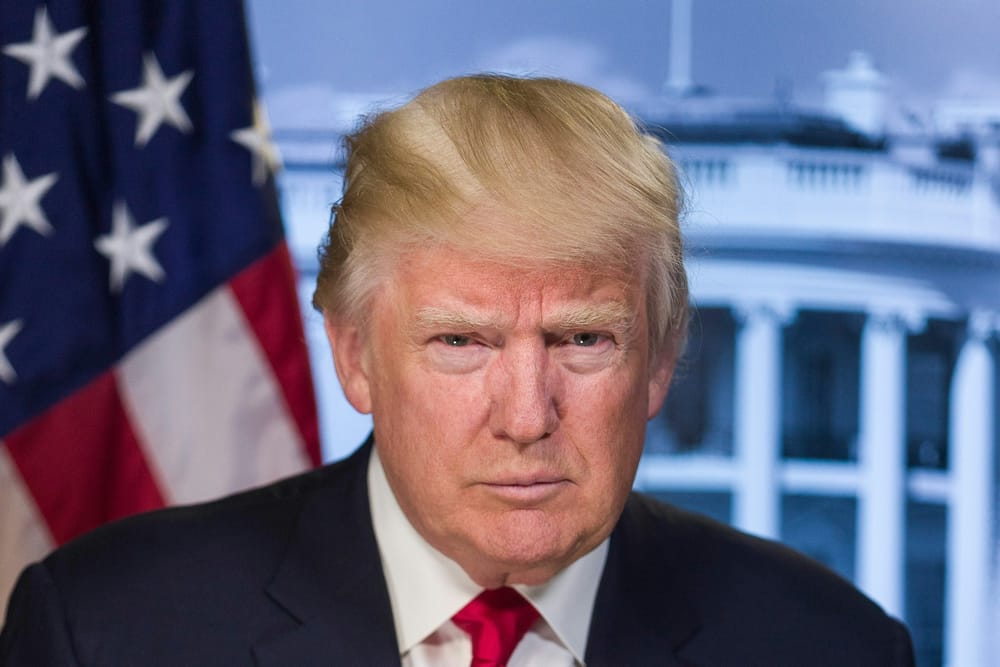The Supreme Court recently allowed Donald Trump to edge closer to ending Birthright Citizenship as outlined in the Fourteenth Amendment. SCOTUS didn’t weigh in on the merits of the case before them, but did curtail the ability of federal judges to stop Trump using nationwide injunctions. Only plaintiffs who have successfully sued the government are protected; everyone else isn’t covered.
Trump went on to demonstrate his unfamiliarity with the Fourteenth Amendment by saying it was only intended for babies of enslaved people. In this case, Trump probably wasn’t lying, just ignorant, as he doesn’t know any better. By framing the Fourteenth Amendment as only applicable to Black people, he can classify it as one of the vague and all-encompassing DEI laws, which allows him to dismiss anything he doesn’t like.
"Thanks for this decision; and thanks to this decision, we can now promptly file to proceed with numerous policies that have been wrongly enjoined on a nationwide basis," said Trump. "And some of the cases we’re talking about would be ending birthright citizenship, which now comes to the fore. That was meant for the babies of slaves. It wasn’t meant for people trying to scam the system and come into the country on a vacation."
To be clear, Black babies born of enslaved people were clear beneficiaries of the Fourteenth Amendment. In 1866, when the Amendment was passed, the vast majority of Black adults in the country were covered, having been born in the United States. The legal importation of enslaved people ended in 1808, though some were smuggled afterward. The exponential growth of the slave population was due to a domestic breeding program that often involved forced breeding and rape. Almost all Black people in America, including the significant population of free Blacks, had been born here and made citizens by the Fourteenth Amendment.
Don’t think it went unnoticed at the time. Congress had previously voted for Birthright Citizenship in the Civil Rights Act of 1866. President Andrew Johnson vetoed the bill, explaining that it covered too many Black people.
“Among the provisions I cannot approve," said Johnson, "is the first section of the law, in which all persons born in the United States and not subject to any foreign power, excluding Indians not taxed, are declared to be citizens of the United States.”
It was bad enough, according to Johnson, that this statutory guarantee of birthright citizenship would make citizens “out of the entire race designated as blacks.” In his view, “four million of them have just emerged from slavery to freedom. Can it be reasonably supposed that they possess the requisite qualifications to entitle them to all the privileges and immunities of citizens of the United States?”
Congress overrode Johnson’s veto and later passed the Fourteenth Amendment, which all the returning Southern states had to agree to.
Black adults were not the only people objected to when the Fourteenth Amendment was considered. Sen. Edgar Cowan (R–Penn.) was the first to speak when the Amendment was considered.
“Is it proposed that the people of California are to remain quiescent while they are overrun by a flood of immigration of the Mongol race? Are they to be immigrated out of house and home by Chinese?”
Cowan also expressed concerns about gypsies in his state of Pennsylvania:
“They wander in gangs in my State. These people live in the country and are born in the country. They infest society. Are their children also to be granted birthright citizenship by the language of the amendment? If the mere fact of being born in the country confers that right, then they will have it; and I think it will be mischievous.”
Sen. John Conness (R–Calif.) then rose to speak in response to Cowan.
“I beg my honorable friend from Pennsylvania to give himself no further trouble on account of the Chinese in California or on the Pacific coast. We are entirely ready to accept the provision proposed in this constitutional amendment, that the children born here of Mongolian parents shall be declared by the Constitution of the United States to be entitled to civil rights and to equal protection before the law with others.”
The Fourteenth Amendment granted citizenship to many children of immigrants and some groups who had been in the United States longer than Europeans. Some Native Americans received citizenship while others didn’t until decades later. Donald Trump’s grandparents were German immigrants, and his father was a citizen as a result of the Fourteenth Amendment.
Trump is attempting to rid America of Birthright Citizenship via Executive Order, though it’s clear it would take a Constitutional Amendment to do so. The Supreme Court has chosen to stand by and say nothing, allowing Trump to implement changes until a challenge reaches them, which could take years. By framing Birthright Citizenship as a DEI law, he’s hoping his moves will be ignored.
This post originally appeared on Medium and is edited and republished with author's permission. Read more of William Spivey's work on Medium. And if you dig his words, buy the man a coffee.
